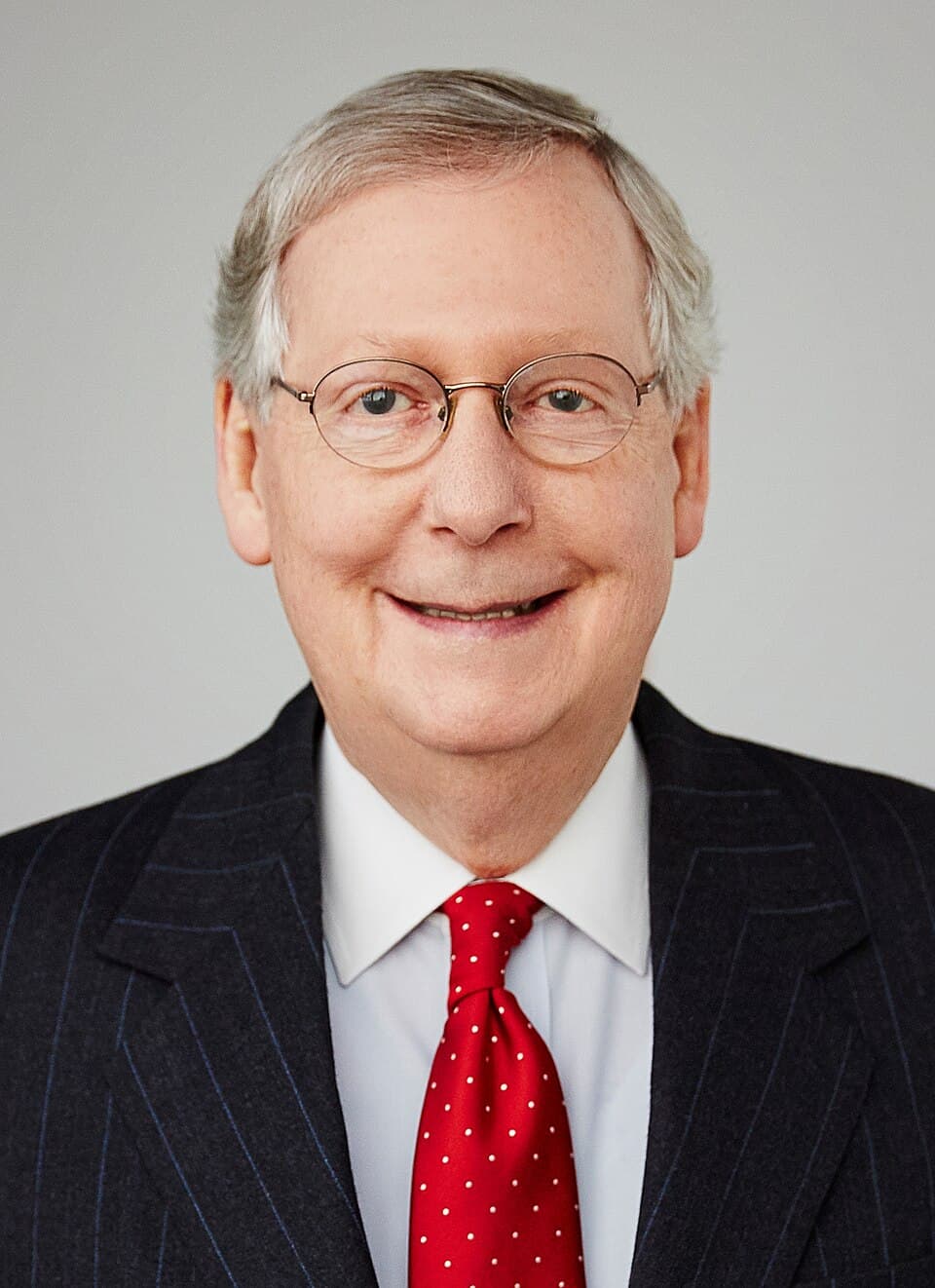McConnell's Calculated Approach Continues to Shape Political Discourse Amidst Winding Down Senate Tenure

Veteran Kentucky Senator Mitch McConnell, a figure long recognized for his strategic prowess and behind-the-scenes influence, remains a focal point of political commentary even as his decades-long leadership role has transitioned and his retirement approaches. A recent social media post by Katie Biber, dated October 18, 2025, underscored this enduring reputation, stating, "There's a reason they call him Cocaine Mitch. While others preen for cameras, McConnell waits in the shadows, sharpening his knife and biding his time. He doesn't grandstand, he stalks. Proof that ice in your veins beats fire in your belly every time."
This characterization reflects a consistent theme throughout McConnell's extensive career, which saw him serve as Senate Republican Leader for nearly two decades before stepping down in January 2025 to chair the Senate Rules Committee. His reputation as a master tactician, often described as having "ice in his veins," has been a defining trait, allowing him to navigate complex legislative battles with a calculated, often unyielding, approach. The "Cocaine Mitch" moniker, while controversial, emerged from this perception of his ruthless effectiveness.
McConnell's strategic acumen famously manifested in his handling of judicial appointments, notably his refusal to consider President Barack Obama's Supreme Court nominee Merrick Garland in 2016, a move that ultimately paved the way for a conservative majority on the high court. He also frequently employed procedural tools like the filibuster to obstruct opposing legislative agendas, a tactic that reshaped the dynamics of the Senate. These actions cemented his legacy as a formidable political operator.
The tweet arrives nearly a year after McConnell announced in February 2024 his decision to step down from Senate Republican leadership, effective January 2025, and several months after his February 2025 declaration that he would not seek re-election in 2026, planning to retire from the Senate in January 2027. Despite these transitions, Biber's observation suggests that his strategic mind and influential presence continue to be felt within the political landscape, even without the top leadership title. His decision to step back from leadership was partly influenced by increasing health concerns, yet his impact on American politics is expected to endure long after his final term concludes.